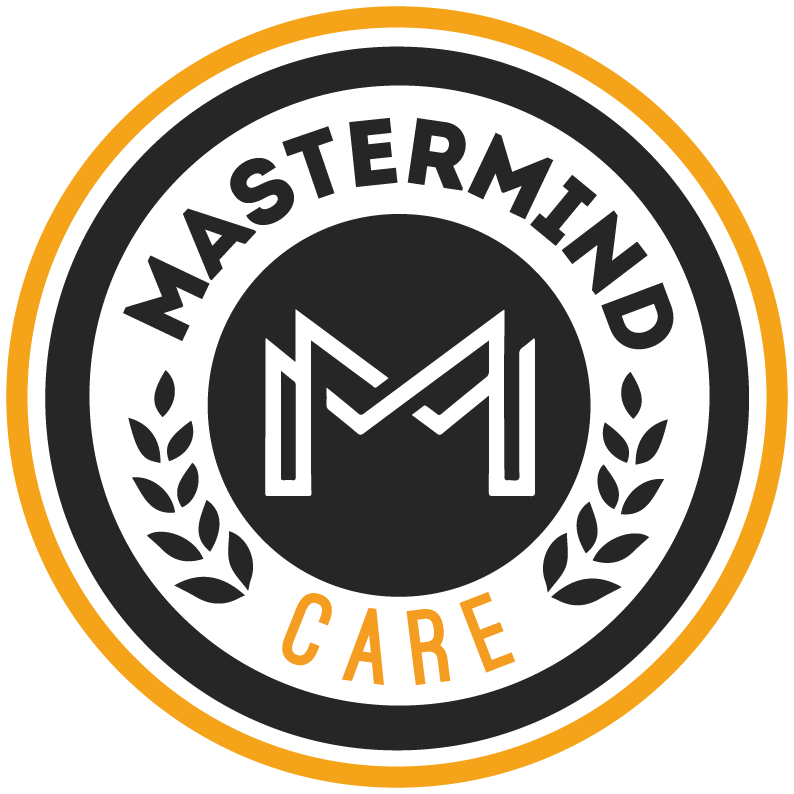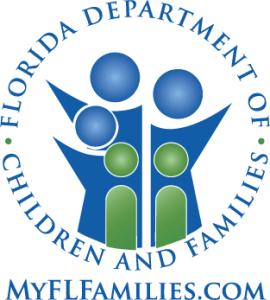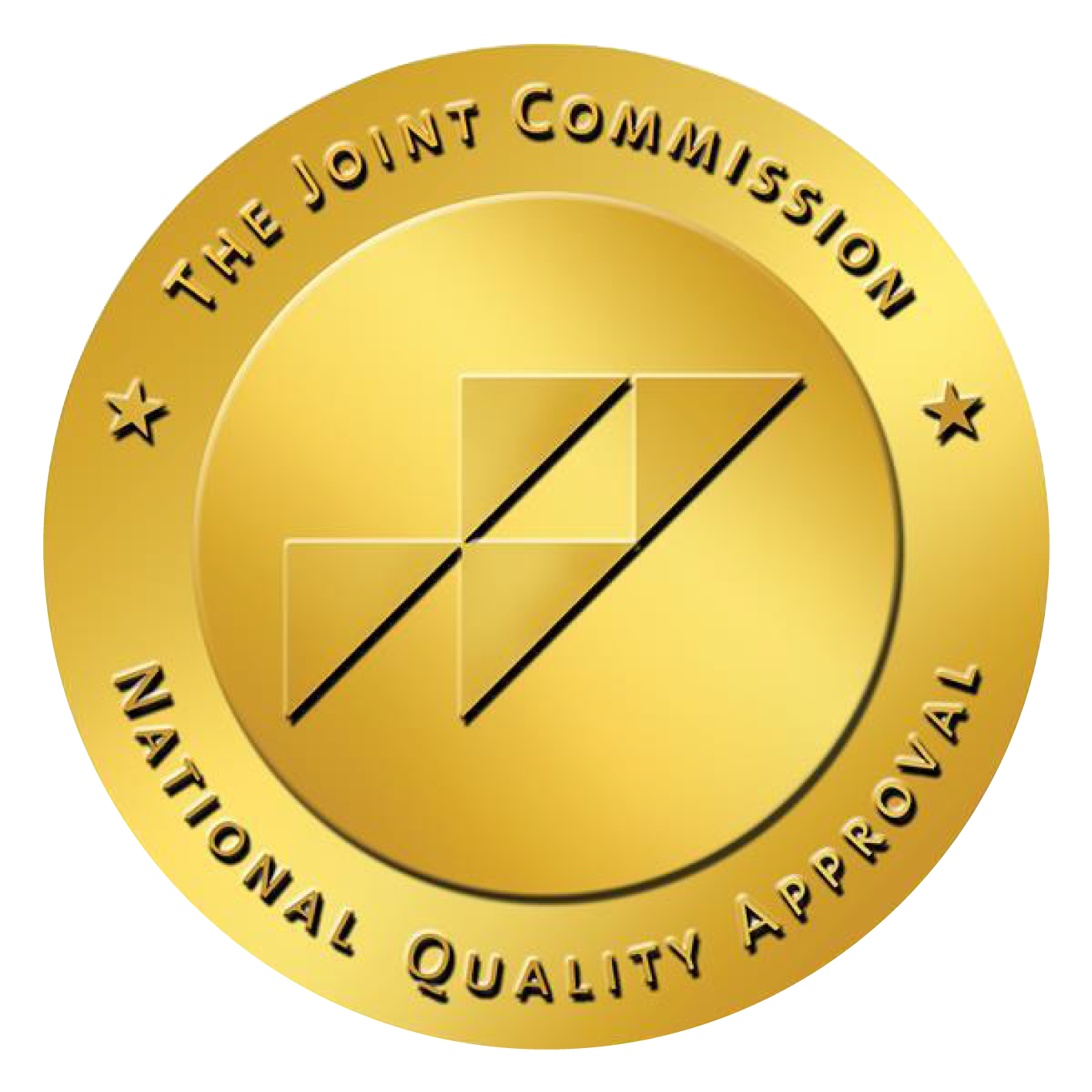What are Opioids?
Opioids, sometimes called narcotics, are drugs prescribed by doctors, they include strong pain relievers, such as oxycodone, hydrocodone, fentanyl, and tramadol, and illegal substances like heroin. Some opioids are made from the opium plant, and others are synthetic (man-made).
In addition to being used to relieve pain, opioids have other uses. For example, in anesthesia, together with the anesthetic and a neuromuscular blocker, or to achieve analgesia, sedation, and suppression of autonomous breathing in the treatment of patients undergoing mechanical ventilation in intensive care units.
High doses can reduce the body’s heart and breathing rate to the point of stopping it completely.
Opioids can cause side effects such as drowsiness, brain fog, nausea, and constipation. They can also cause slow breathing, which can lead to overdose deaths.
Opioid Abuse and Addiction
The use of prescription opioids can lead to abuse, dependence and addiction.
Abuse can be considered when you take too much medicine, take someone else’s medicine, take it improperly, or take it to get high.
Sometimes opioid abuse can also lead to heroin use, as some people switch from prescription opioids to heroin.
Dependence means feeling withdrawal symptoms when you are not taking the medicine.
Opioids change brain chemistry and lead to drug tolerance, which means that over time the dose needs to be increased to achieve the same effect. Long-term opioid ingestion produces dependence, so that when people stop taking the drug, they have physical and psychological withdrawal symptoms (such as muscle cramps, diarrhea, and anxiety). Dependence is not the same as addiction; While all people who take opioids for a long time will become dependent, only a small percentage also experience the compulsive and continuous need for the drug that characterizes addiction.
Addiction is a chronic brain disease that makes a person compulsively seek drugs, despite the fact that they cause harm, opioids have a high potential to cause addiction in some people, even when the drugs are prescribed properly and taken according to indications.
Opioid addiction can cause life-threatening health problems, including the risk of overdose. Overdose occurs when high doses of opioids cause breathing to slow or stop, leading to loss of consciousness and death if the overdose is not treated right away. Both legal and illegal opioids carry a risk of overdose if a person takes too much of the drug or if opioids are combined with other drugs (particularly tranquilizers called benzodiazepines).

Are you or a loved one looking for help with an Opioid Addiction Treatment in South Florida? We have someone standing by to help and answer any questions. Call Now: (877) 357-3422
Symptoms and signs of opioid addiction
The signs and symptoms of substance abuse can be physical, behavioral, and psychological. A clear sign of addiction is not being able to stop using the substance. You also cannot stop consuming more than the recommended amount.
Other signs and symptoms of opioid abuse include:
- Poor physical coordination
- Drowsiness
- Shallow or slow breathing rate
- Constriction of the pupils
- Nausea and vomiting
- Constipation
- Noises in the nose or a runny nose
- Poor decision making
- Abandonment of responsibilities
- Speech disorders
- Sleeping more or less than normal
- Humor changes
- Euphoria (feeling rushed)
- Irritability
- Depression
- Lack of motivation
- Anxiety attacks
- Steal money
- Steal pills
Opioids Addiction Treatment in South Florida
To treat opioid addiction, drugs are used that help alleviate withdrawal symptoms and restore brain function, along with cognitive behavioral therapy that helps the patient to modify their inappropriate habits and provides tools to be able to control the need to use the drug and avoid risk situations or stressors that increase the risk of relapse.
Medications commonly used to treat opiate addiction are methadone, the combination of buprenorphine and naloxone (Suboxone®), and naltrexone. The cost of different drugs varies. That is something that may need to be taken into account when considering treatment options.
Methadone is an opioid analgesic that has been used for more than 40 years in the treatment of heroin addiction and that, like buprenorphine and naltrexone, reduces the desire to consume the drug without causing euphoria, reduces the risk of overdose, and facilitates the restoration of balance in the brain circuits affected by addiction, although it acts on the same opioid receptors as other opioid analgesics and can also lead to dependence.
Naltrexone helps you overcome addiction in a different way. What it does is block the effect of the opiate drugs. This prevents the feeling of getting a “high” if the problem drug is used again. This characteristic makes naltrexone a good option to prevent relapse (slip back into problematic drug use).All these drugs have the same effect, they reduce the problem of addictive behavior.
When a person decides to try a treatment with the help of medicines, the first step is to meet with a doctor, for the evaluation process, where the treatment options and the rules for taking the treatment will be discussed.
A physical exam is also part of the evaluation, this exam provides information about the general health of the person, it may include a drug use screening test.
Are you or a loved one looking for help with an Opioid Addiction Center in South Florida? We have someone standing by to help and answer any questions. Call Now: (877) 357-3422

Counseling & Therapy
Many people in drug-assisted treatment benefit from counseling, which offers the opportunity to speak with a professional, either individually or as part of a group with others who are also in treatment. Through counseling, people learn about the disease of addiction. They also learn why the addiction occurred, the problems it has caused, and what they need to do to overcome those problems.
Counseling can encourage and motivate the person to start the treatment. In group counseling, individuals connect with other people in treatment and find new friends who do not use drugs. They can also get those same benefits by participating in support groups. These consist of informal meetings between people who are facing similar challenges.
Family and friends are also important, during recovery, they help the person to make the decision to take treatment, and to stay in it, offering help such as picking up the person and taking him to the treatment center, offering a safe place to live or help to find a job.
Counseling is a helpful way for family and friends to learn more about the person’s situation, how to help them, and also how to handle the problems that their loved one’s addiction has caused them. It is a safe place where they can express their feelings and where they can find out what kind of help is available to them.
Many people overcome opioid addiction and return to normal, healthy lives. One of the ways they do this is with treatments that include medications. Together, medicine, counseling, and support can help the person in their way to recovery.
Are you or a loved one looking for help with an Opioid Addiction Treatment in South Florida? We have someone standing by to help and answer any questions. Call Now: (877) 357-3422
Addiction Treatment Help In South Florida
We also service these surrounding cities: Hollywood, Davie, Weston, Cooper City, Plantation, Sunrise, Tamarac, Coral Springs, Parkland, Deerfield Beach, Lighthouse Point, Lauderdale Lakes, Margate, Wilton Manors, and Boca Raton.
Request Our Info Packet
Your Guide To The Recovery Process
Learn everything you need to know about the recovery process and staying sober.
Request Our Info Packet
Your Guide To The Recovery Process
Learn everything you need to know about the recovery process and staying sober.




Leave A Comment